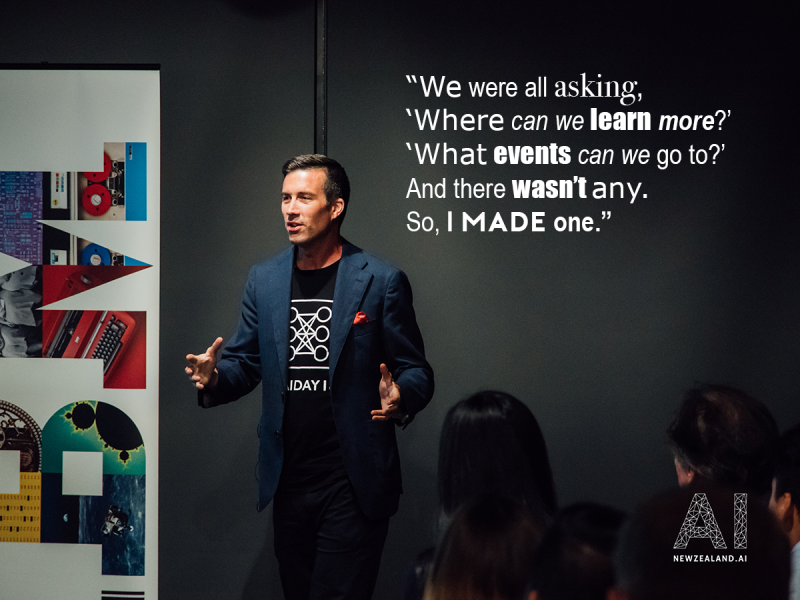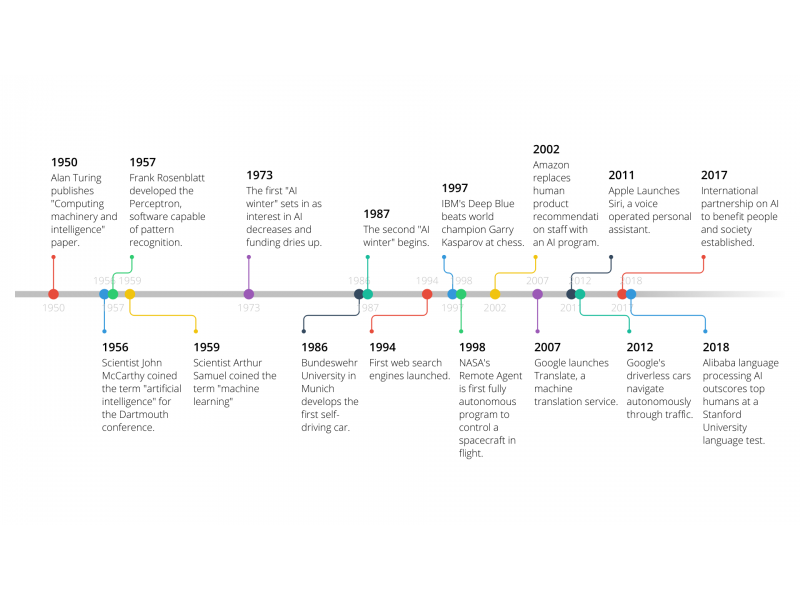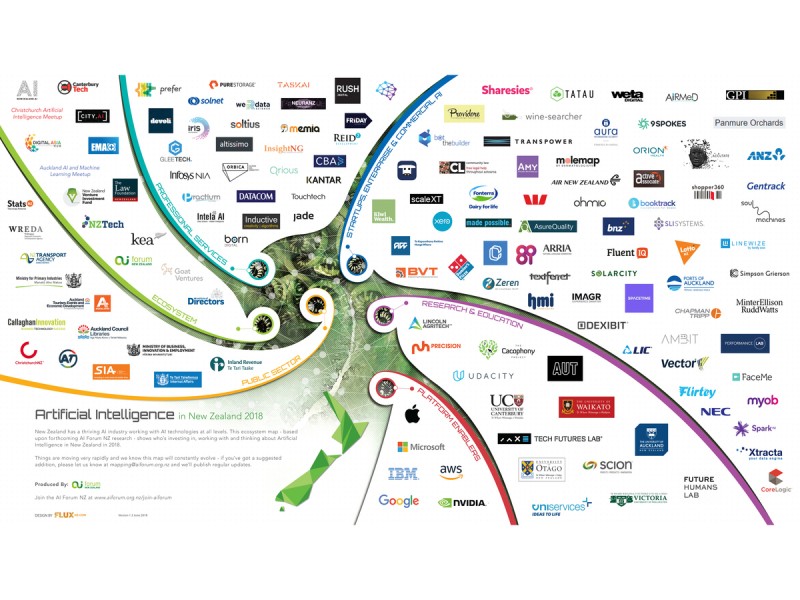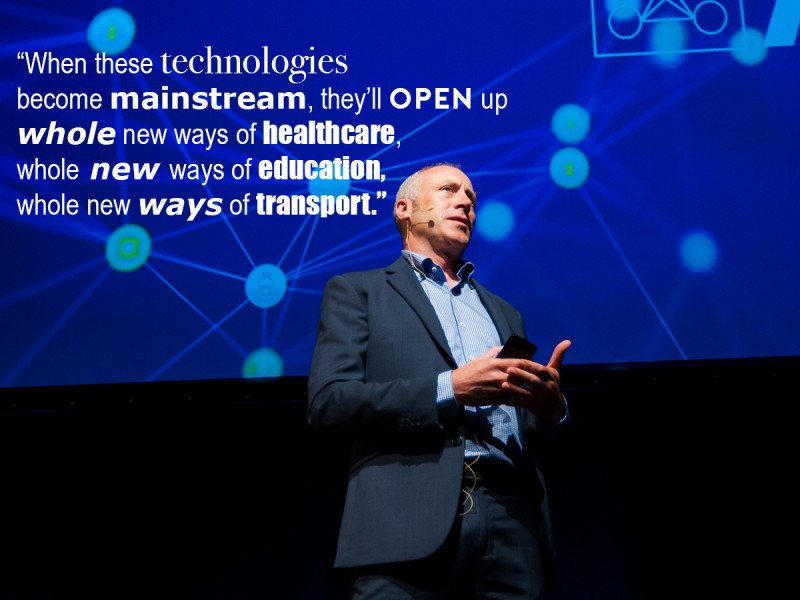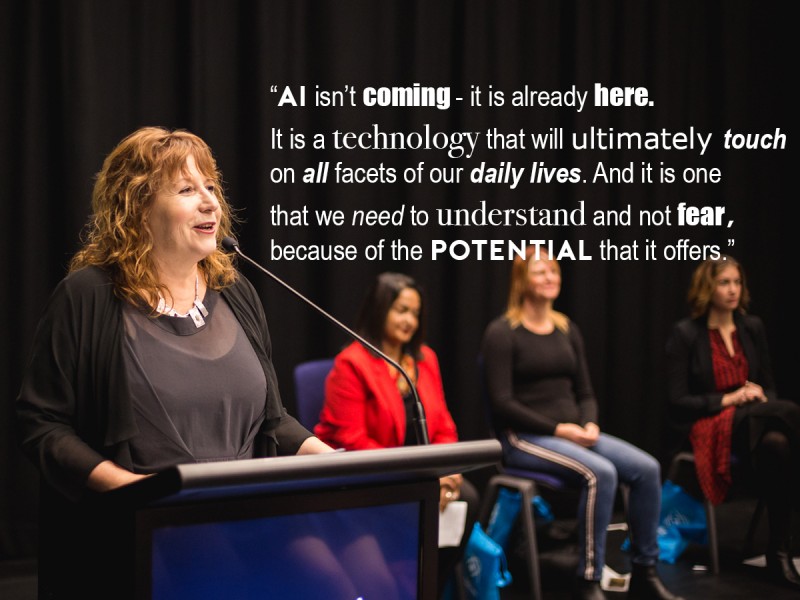“When these technologies become mainstream, they’ll open up whole new ways of healthcare, whole new ways of education, whole new ways of transport.”
Reid told me New Zealand is facing a number of challenges at the moment, and artificial intelligence can offer a wide variety of solutions to those problems. He used a couple of environmental examples, explaining how a geospatial AI. could recognise where pollution in our rivers is coming from, using data from space; or how a machine vision AI. could recognise a pest in our native forests and activate a trap or tracker to combat them.
And he agrees, public perception poses a problem. The AI Forum is - among other things - raising awareness and alleviating fears. One of people’s biggest concerns, Reid explained, is the loss of jobs. He says it’s a valid worry and shouldn’t be discounted, but it’s not quite as “cut and dry” as people often think.
“In the beginning of the 20th century, when the car was just starting to emerge, there were many blacksmiths working, and horses needing shoes. A few decades later, lots less horses and lots less blacksmiths, but there were car mechanic jobs and people to build roads.”
Whereas back then we would invest in roads, ports, and factories, Reid says that now we need to invest in a different kind of infrastructure. In building skills and talent, in developing our capability for managing data, and in enabling new business models
And the government, he says, plays a key role in that.
Meet the Honorable Clare Curran, Minister of Broadcasting, Communications and Digital Media and Government Digital Services.
